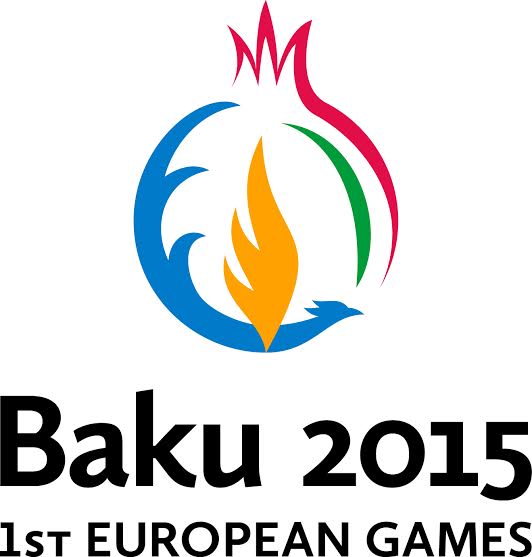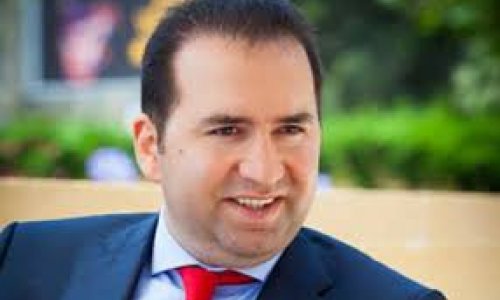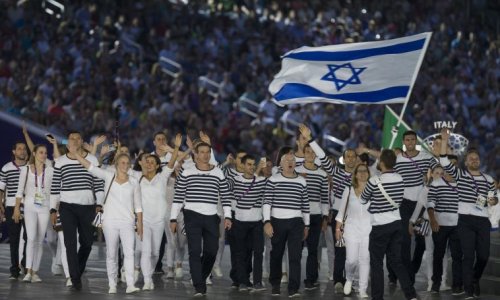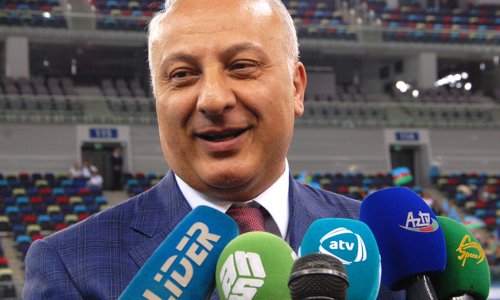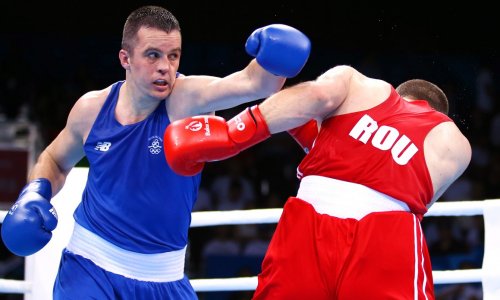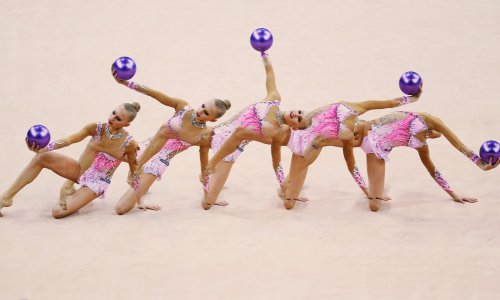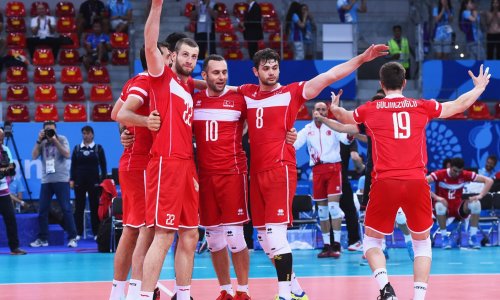Procurement for the first ever European Games in Azerbaijan was like "building a small city in a patch of desert” in the space of 20 months.
Shaun Darke, head of procurement for the Baku 2015 Games, told SM his 34-strong team was responsible for purchasing everything from the venues to the make-up 2,500 athletes will be wearing at the opening ceremony on 12 June, along with organising the artists who will be performing.
Darke said because it is the first such Games he started with a blank piece of paper. "We are writing the manual, so when we get to the end of this there will be documents so the next city will have something to use as a guideline,” he said.
Darke, who has a background primarily in automotive and building materials, was responsible for winding down the London 2012 Olympics and in 2013 he was approached about the Baku Games, which will feature 20 sports.
Darke joined the Baku 2015 European Games Operation Committee (BEGOC) in October 2013, "just one room and me”, and began planning and recruiting. He is responsible for an officially declared spend of 950 million manat (£584 million).
"In an Olympic or Commonwealth Games you would start the process probably four years out: we had 20 months so we had to sit in a dark room with a projector and look at the planning stage because that was critical,” said Darke.
He split the project into six areas: sports, overlay, which includes all the additional things required for sports such as medals and flags; transport, village, as in the athletes’ accommodation; technology and services, which includes everything from translation services to the design of signs.
He then appointed six managers to take care of each category, a programme manager to ensure timescales were followed, and a team of buyers, including some who had no purchasing experience.
All of them were locals, mainly from the oil and gas industry, which dominates the Azerbaijan economy. "I am the only expat in the team,” said Darke.
In January 2014 work began, beginning with procuring a fibre optic network to carry TV signals from all the 20 venues to the international broadcast centre.
Darke said the biggest challenge was catering, which includes feeding 6,000 athletes and providing between 20,000 and 25,000 meals a day.
"This is the largest catering contract in Europe, if not the planet, during 2015. We’ve got to serve up two million meals,” he said. They ended up working with a number of firms, including 16 local contractors.
The other hurdle was logistics and the challenge of getting things to the country, so the largest warehouse in Azerbaijan was built near the airport and Darke lengthened normal lead times by two to three weeks.
Darke said they set up a database of suppliers who had expressed an interest in the Games, which included 180 firms, and asked them to pre-qualify before sending out invitations to tender. Ultimately they dealt with 250 companies, of which 20 to 30 were key suppliers.
With legacy in mind, local firms were supported to enable them to supply the Games while international firms were required to use local labour and share knowledge with local companies.
"We have got to put make-up on 2,500 people on 12 June,” said Darke. "We have just awarded a contract for that. We need people to cut people’s hair, we need to style it. It goes from mundane things like cleaning contracts to international artists to make-up.”
Darke said a resource and deals group was established early on, which includes himself and senior BEGOC staff such as the chief executive and finance director, who meet weekly to agree each and every tender.
"In the early days we were driving the different functional areas. In a Games environment, especially within 20 months, from a procurement point of view you have got to take hold of the reins and drive it because the timescales are so tight,” said Darke.
The athletes village includes 1,600 apartments on a greenfield site, where 7,000 people will live, so refuse services had to be purchased, along with fuel tankers to supply the power generators.
"It’s a small city really. It’s like getting a patch of land in the desert and fitting out everything you can think of,” said Darke.
The work Darke has done will not disappear after the Games, for much of what his team has bought will be used when F1 comes to Azerbaijan in 2016, followed by the Islamic Solidarity Games in 2017.
(supplymanagement.com)
www.ann.az
Follow us !

